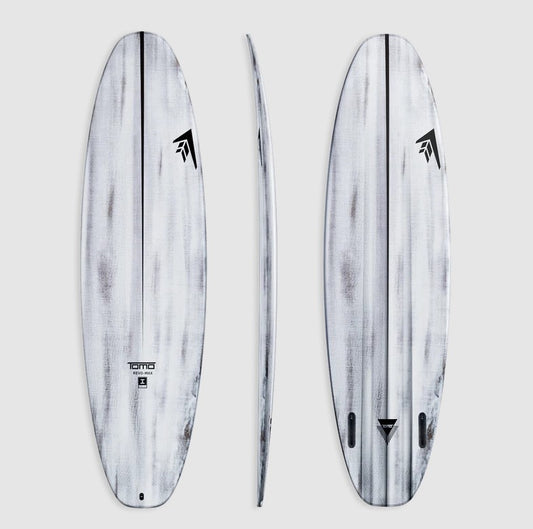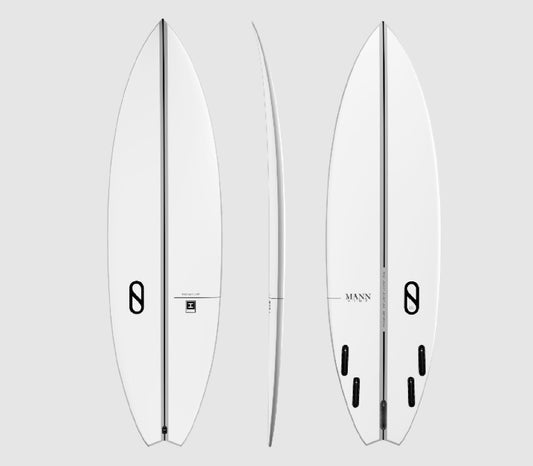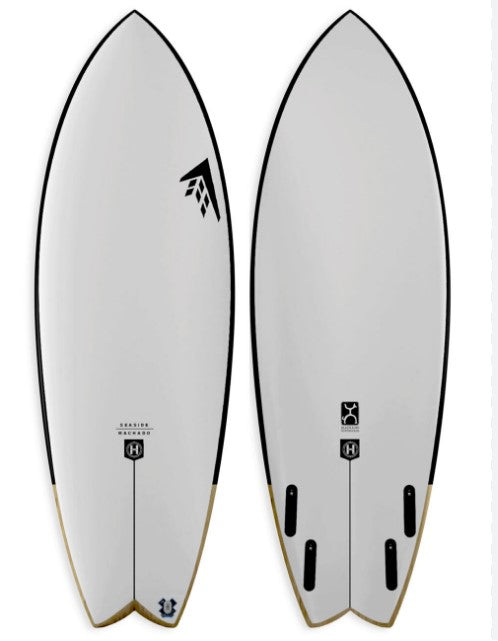Surfing is a fun and exhilarating experience, especially in New Zealand, where it blends the excitement of riding waves with gorgeous natural beauty. But
to truly enjoy yourself and ensure you avoid problems, accidents and injuries in the water, you must familiarise yourself with surfing etiquette.
Mainly for the beginner, we cover essential surfing rules, both spoken and unspoken, that create a positive surf experience and foster a thriving community where respect and consideration thrive.
Pick the Right Spot
Choose the proper surfing spot for your comfort and skill level. Since this sport takes place in the ocean, it can get dangerous if you encounter unfamiliar
waves and hazards.
For beginner surfers, look for soft and smaller waves that break with less power, which are relatively safe and comfortable. Try to avoid hollow waves;
they have a lot of power and be way beyond your ability. Go surfing with experienced friends or a surf instructor during your first sessions to gain
exposure to the different wave types.
And if you're hanging out with a bunch of friends, use your judgement wisely—a large group of surfers hogging waves and not sharing is a practice that
is frowned upon wherever you may go.
Hold onto Your Board
As a beginner, you probably have a larger-than-average, heavier board, which can be disastrous if set free. A loose board could collide with and injure
other surfers, especially in crowded areas.
Maintaining your grip is essential for learning to keep your balance as you get used to wave movements. It also helps with retrieval and gives you better
control, especially when navigating through waves or attempting to catch one.
Never ditch your board when another surfer is behind you, its up to you to take the hit yourself rather than put someone else in danger.
Paddle Wide and Avoid Other Surfers
When heading out to the surf, don't paddle straight towards the main peak where most waves are breaking and surfers are. Go around through the channel.
The same is true on your way back. If possible, avoid getting in the way of surfers riding towards you by paddling further out on the shoulder. Giving
other surfers a wide berth will contribute greatly to everyone's safety and enjoyment. If you are stuck in a position where paddling wide is not an option because it puts you into the riding surfer's line, its up to you to paddle deeper and take a hit from the broken wave rather than ruin someone else's ride.
Communicate When Paddling
Let other surfers know your intentions when paddling for the same waves or if you're already riding a wave to avoid collisions. If you're in the priority position, usually a quick "yep" to let you know surfers outside you that you are going is enough. If you call someone off you better go!
Wave Selection
Before getting into the surf, ensure you have the basics mastered; if not, at least have an experienced surfer guide you. With experience and preparation,
you can better identify the peak and choose the right wave. Or alternately where the best position for you to sit away from the main peak is.
Take Turns
Don't be greedy if you're on a craft that makes getting lots of waves easier (like a SUP or longboard). It doesn't mean you have the right to catch all the waves over surfers with smaller boards; just wait your turn or let a few waves go through. Some surf spots with consistent take-off zones will see lineups of surfers waiting their turn. After paddling back from a wave, ensure you complete the rotation by going to the back of the line and waiting for your next turn. If you're a beginner and expecially not local expect some people to paddle past you. Its not right but it will happen. Try to give some respect to receive respect.
Don’t Drop in
Dropping in occurs when a surfer takes off on a wave when another surfer already has right of way i.e alreday riding or in a deeper position (closer to the peak). Dropping in is a cardinal sin and not only can it cause collisions with other surfers but in some heavily localised spots around the world can lead to violence.
Always remember – the surfer closer to the peak has the right of way. Identify the surfer with the longest potential ride, or look to the peak and observe
what others around you are doing.
Don’t Snake
Snaking refers to a surfer aggressively paddling around another to gain priority for the next wave. For instance, a surfer might slyly navigate around
another to catch a wave ahead of them. Experienced surfers are often the main perpetrators of this act. While not wholly applicable to you as a beginner, learning to be patient and avoiding this behaviour is a good reference for the future. You can pick up essential surfing rules and etiquette online from instructors or by observing more experienced surfers the next time you're out.
Keep Yourself Safe
Surfing is not just about catching waves; you're sharing the line up and as such are responsible for other people's safety. Knowing your limits and respecting the conditions is fundamental. Surfing demands a blend of adventure and caution; pushing boundaries is part of the game, but recklessness can lead to trouble. Ignoring safety guidelines isn't just breaking rules; it's putting oneself and others at risk. So, whether you're a seasoned rider or a novice, embracing safety practices ensures that the surf session remains a thrilling experience without compromising anyone's wellbeing.
Environmental Consideration
While catching perfect waves may be the most important agenda, don't forget to show some love to the environment, too. Leave the beach how you found it, and always clean up after yourself. Respect the local flora and fauna, and maybe pick up a piece of rubbish on your way out – you never know, it might save a turtle!
Tips for Beginners
Instead of focusing on mastering flashy moves in the water, beginners venturing into the thrilling world of surfing should master surfing etiquette
first, an often overlooked yet crucial aspect of the sport. This helps enhance everybody's surfing experience. Seek guidance from experienced surfers for practical wisdom or take surf lessons from professional instructors, who will instil a foundation of good etiquette from the outset. Alternatively, observing and learning from others in the lineup is a great way for novices to pick up the local unspoken rules.
Ask Your Local Surf Shop for Advice
Catching waves is as much about the community as it is about skill. If you ever find yourself in a surf pickle, don"t hesitate to ask your local surf shop for
advice.
If you happen to be cruising the waves in Gisborne, give Blitz Surf Shop a cheeky nod. We all love this sport and welcome anyone who wishes to join –
we're the experts on the best surfing spots in the area and will give you the lowdown on the essential surfing etiquette tips. Make your next session a
positive delight; check out our online store to shop surfboards on sale and all things surf or skate-related today!



